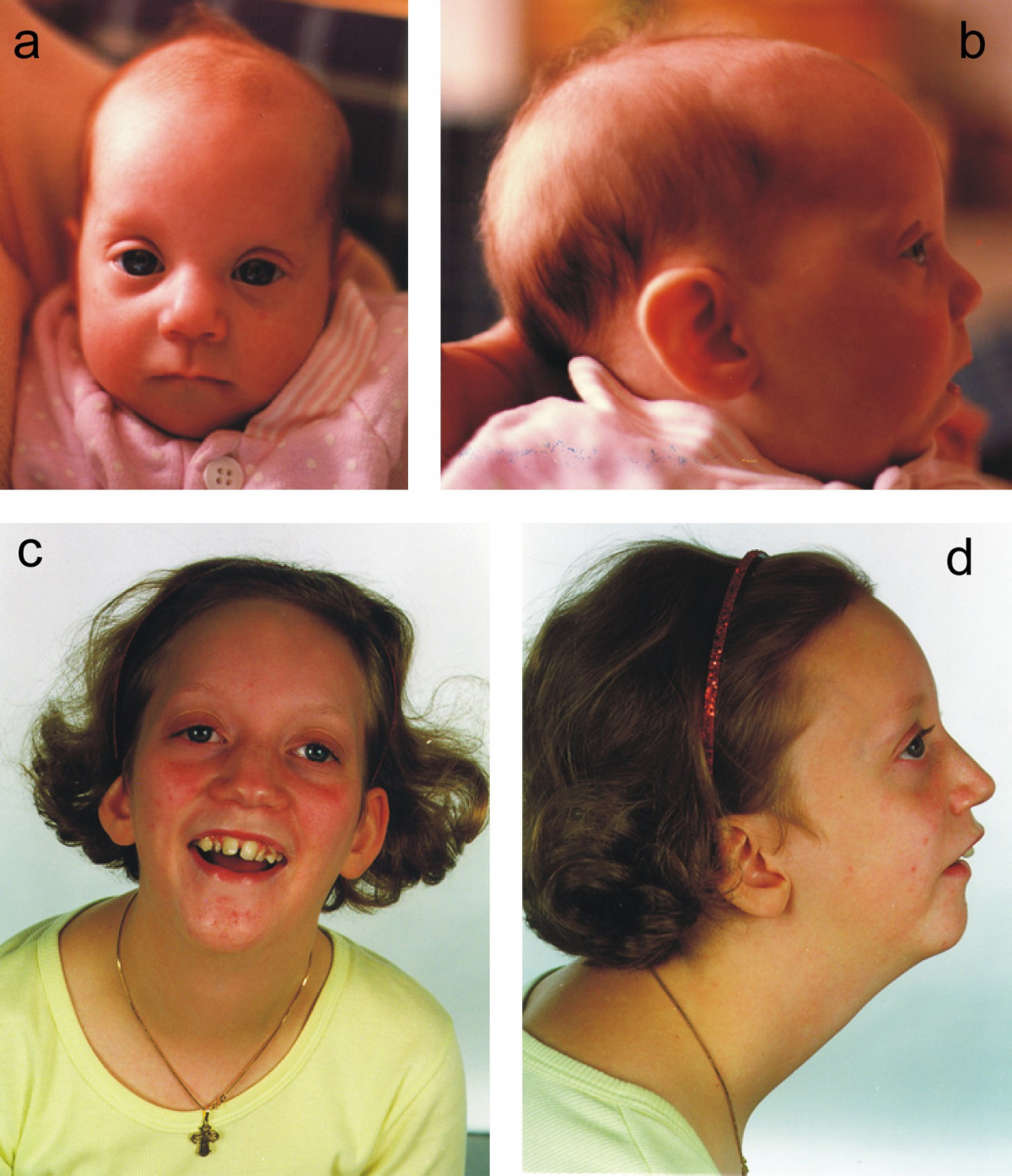
Hypotonia is a medical condition characterized by severely low muscle tone with reduced muscle strength. It is important to understand that hypotonia isn’t a specific health disorder but rather a potential manifestation of other diseases or disorders that affect motor never control by the brain or muscle strength.
Hypotonia isn’t the same as muscle weakness, but they usually co-exist. Hypotonia is usually seen in children and when it affects adults it is usually because of the cerebellar degeneration. Persons with hypotonia usually look severely disabled, but this condition doesn’t affect intellect. However, children with hypotonia may develop their social, language, and reasoning skills later than their peers.
Symptoms of hypotonia
The most common symptoms of hypotonia are problems with mobility and posture, breathing and speech difficulties, lethargy, laxity in ligaments and joints and poor reflexes. The other symptoms usually include: drooling, decreased strength, decreased activity tolerance, rounded shoulder posture, poor attention and motivation. Patients with hypotonia will usually lean onto supports.
This disease is also known as the floppy baby syndrome, or floppy infant syndrome, as it is usually diagnosed during the early childhood. Objective manifestations of the syndrome in the early period of life include child’s inability to maintain flexed ligaments and children are usually able to extend the ligaments beyond normal lengths. While most children tend to flex their elbows and knees when resting, hypotonic children hang their arms and legs by their sides. Children may seem as they are "rag dolls", since they easily slip through one’s hands. Children may also have little or no head control, and they may seem somewhat “floppy”.
Causes of hypotonia
Hypotonia may sometimes be caused by trauma, genetic heritage, muscle or central nervous system disorders, or because of the different environmental factors. However, for many cases the exact cause remains unknown. Certain health conditions may also be responsible for hypotonia: Down syndrome, infant botulism, cerebellar ataxia, myasthenia gravis, Prader-Will syndrome, Myotonic dystrophy, Kernicterus, Riley-Day syndrome, Riley-Day syndrome, Hypervitaminosis D, Aicardi syndrome, Canavan disease, Krabbe disease, Achondroplasia, Trisomy 13, Sepsis, Congenital hypothyroidism, Mankes syndrome, Rickets and Spinal muscular atrophy type 1.
Treatment of hypotonia
Unfortunately, there is no known treatment for hypotonia. The outcome of this condition generally depends on the underlying cause. Hypotonia caused by cerebral dysfunction or motor neuron diseases is usually progressive and life threatening. In other cases, patients develop their own coping mechanism to overcome disability to some extent. Normal pediatric care is required for most of the patients. If the underlying cause is known, doctors will develop the most appropriate treatment depending on the condition.

















Your thoughts on this
Loading...